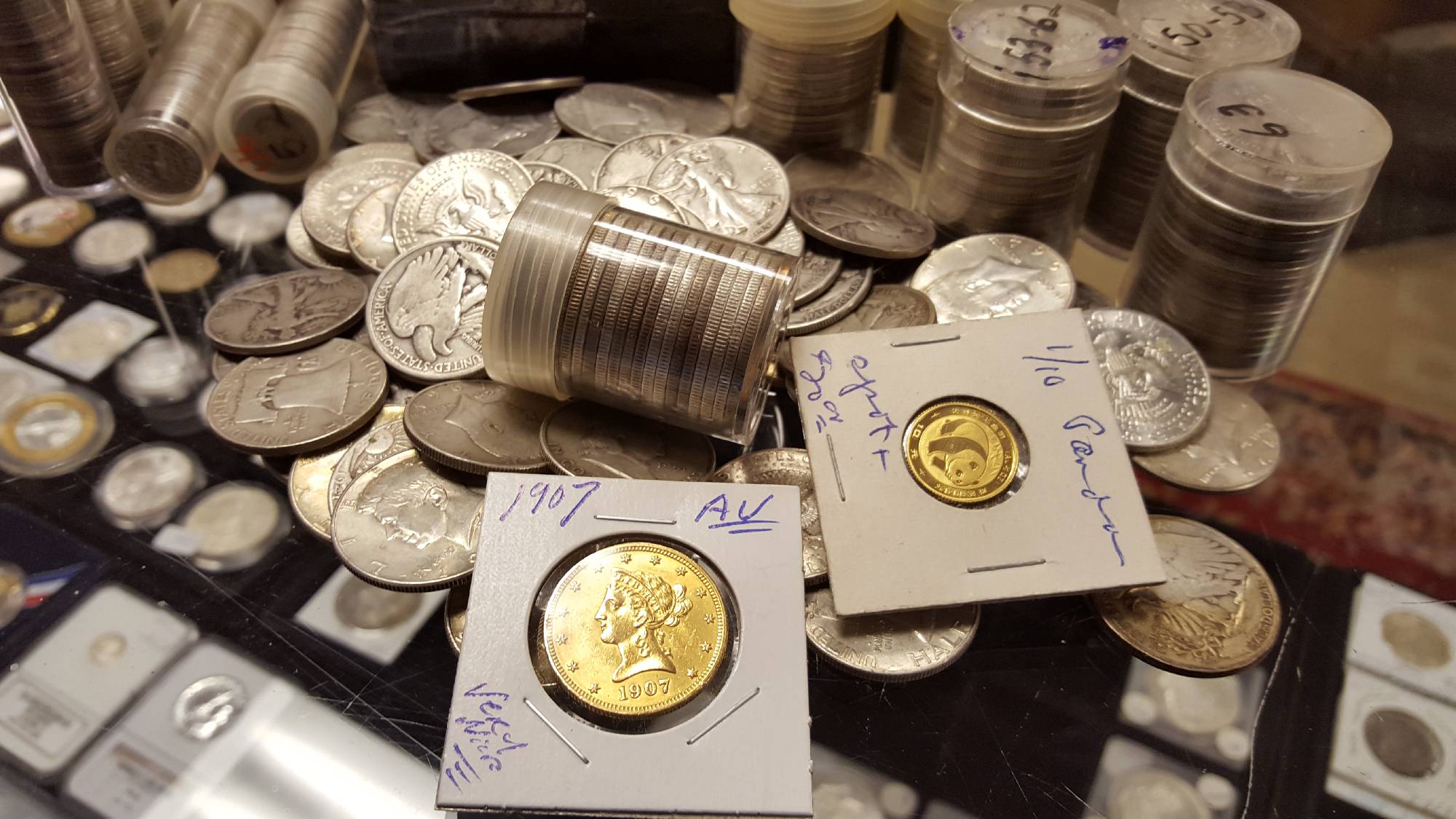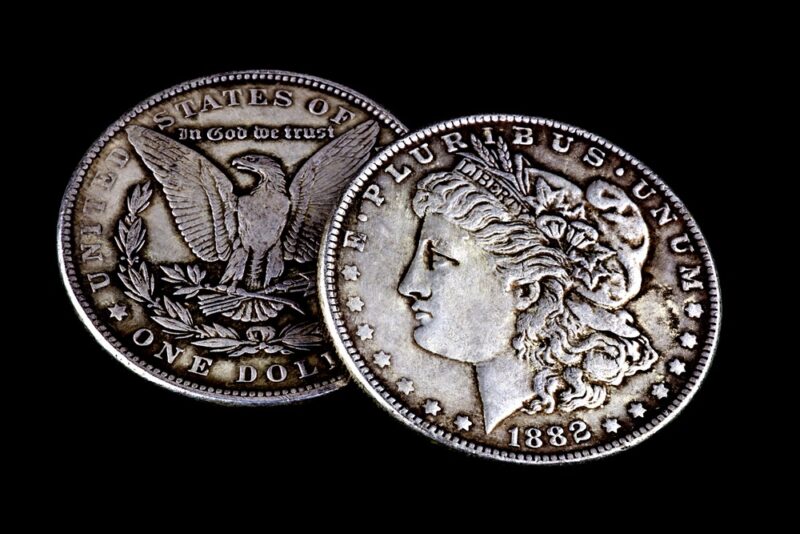Coin collecting has been a popular hobby for centuries, with enthusiasts ranging from casual collectors to serious investors. The debate over whether coin collecting is a waste of money or a smart investment continues to provoke discussion among numismatists and financial experts alike.
Some argue that the intrinsic value of coins, as well as their historical significance, make them a worthwhile investment. Others caution that the market for rare coins can be unpredictable and volatile.
In this article, we will delve into the pros and cons of coin collecting as an investment vehicle and explore the factors to consider before diving into this fascinating world of numismatics.
The Debate: Is Coin Collecting a Waste of Money?
 The debate over whether coin collecting is a waste of money or a smart investment has been ongoing for decades.
The debate over whether coin collecting is a waste of money or a smart investment has been ongoing for decades.
While some argue that spending money on rare or valuable coins is a frivolous hobby with little return on investment, others see it as a way to diversify their financial portfolio and potentially earn a profit in the long run. The truth lies somewhere in between, as coin collecting can be both a fun pastime and a profitable venture if approached with knowledge and caution.
Its essential for collectors to educate themselves on the market, understand the true value of the coins they are purchasing, and be patient in waiting for their investments to mature. Ultimately, whether coin collecting is a waste of money or a smart investment depends on the individual collectors goals and approach to the hobby.
Understanding the Value of Coin Collection as an Investment
Understanding the value of coin collection as an investment requires a nuanced approach that considers both the historical significance and market value of rare coins. While some may view coin collecting as a mere hobby, serious collectors understand the potential for long-term financial gain.
By diversifying their investment portfolio with rare coins, collectors can hedge against economic uncertainties and inflation. Additionally, the allure of owning a piece of history adds emotional value to a coin collection, making it a unique and potentially lucrative form of investment.
To maximize the financial benefits of coin collecting, it is essential to research market trends, consult experts, and carefully select coins with high growth potential. Ultimately, viewing coin collecting as a strategic investment opportunity rather than a frivolous pastime can lead to significant returns in the long run.
Pros and Cons of Coin Collecting as an Investment Strategy
 One of the main advantages of coin collecting as an investment strategy is the potential for significant appreciation in value over time.
One of the main advantages of coin collecting as an investment strategy is the potential for significant appreciation in value over time.
Rare and valuable coins can experience substantial price increases, making them a lucrative asset for collectors. Additionally, investing in coins can provide a tangible and enjoyable way to diversify an investment portfolio.
However, there are also drawbacks to consider. The coin market can be volatile and unpredictable, leading to potential losses for investors.
Collecting coins also requires expertise and knowledge to identify valuable pieces, which can be time-consuming and challenging for beginners. Overall, while coin collecting can offer potential financial rewards, it also comes with risks that should be carefully weighed before diving in.
Conclusion

In conclusion, whether coin collecting is a waste of money or a smart investment ultimately depends on the individuals goals and approach to the hobby. While some may see it solely as a fun pastime, others may view it as a potentially lucrative investment opportunity.
Silver coins, in particular, have a long history of holding their value and are often sought after by collectors and investors alike. So, whether you collect coins for the joy of the hobby or for their potential financial gains, the decision to invest in coin collecting can be both a wise and rewarding endeavor.
Ultimately, with careful research and strategic decision-making, coin collecting has the potential to be a valuable asset in ones financial portfolio.


